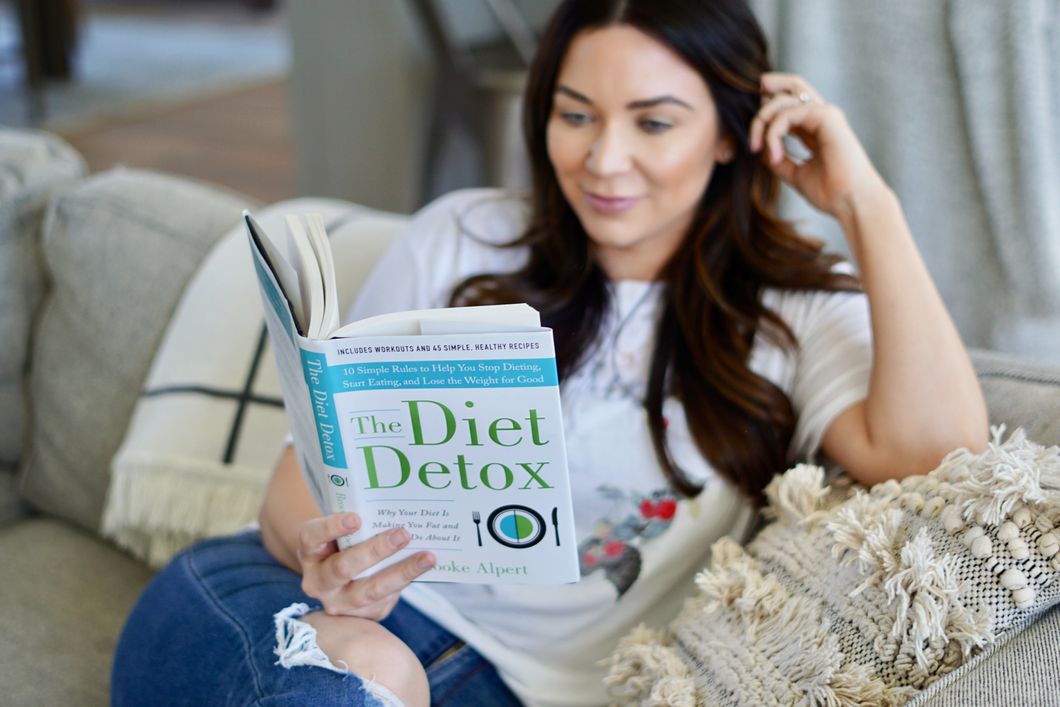Nowadays, there are advertisements everywhere about this new "juicing" and "detox" fad. The central message that these supposedly health-promoting companies promote is that we must cleanse our body through juicing. Many blindly follow these diets, while many nutritionists and physicians emphasize their potentially detrimental effects. People go on a "juicing cleanse" for many different reasons, though the more common objectives appear to be weight loss and detoxification. However, the reality is that neither of these goals can be reached by avoiding real foods and relying primarily on juice for daily nutritional needs.
While it is possible that "detox diet might help you drop a few pounds... you'll likely just gain it back."Furthermore, it appears that juicing may actually contribute to weight gain.
In a 2007 study, the researchers investigated the "effect of food form on appetite and energy intake in lean and obese adults using high carbohydrate, fat or protein food stimuli." The liquid and solid forms of the food types were: watermelon and watermelon juice for carbohydrate, cheese, and milk for high protein, and coconut meat and coconut milk for high fat. The results indicated that regardless of whether it was carbohydrate, protein, or fat, "the beverage food form elicited a weaker compensatory dietary response than the matched solid food form." Consequently, when the liquid form was ingested, there was a significantly higher total daily energy intake for high carbohydrates (+12.4%), high protein (+15%), and high fat (+19%) diets.
The reason for such results may be explained by a study in 2000 and other similar studies, which suggested that solid foods may elicit increased satiety, preventing people from consuming a large amount of food after. This study illustrates that juicing – nutrients in beverage form – may increase the total daily energy intake, leading to increased weight.
Regarding detoxification, it appears that cleansing truly has no effect. The primary role of some of the organs in the body is to get rid of toxins, so it would be folly to assume that the toxins are building up inside. It appears that out of the 15 manufacturers of detoxification products who were contacted by a charity organization Sense about Science in 2009, "not one of the manufacturers could define what they meant by detoxification, let alone name the toxins."
Taking into account the excessive amount of money one would have to allocate for cleansing diets – in addition to the lack of scientific studies supporting weight loss and detoxification that arises from juice cleansing – this fad diet should be reconsidered.















